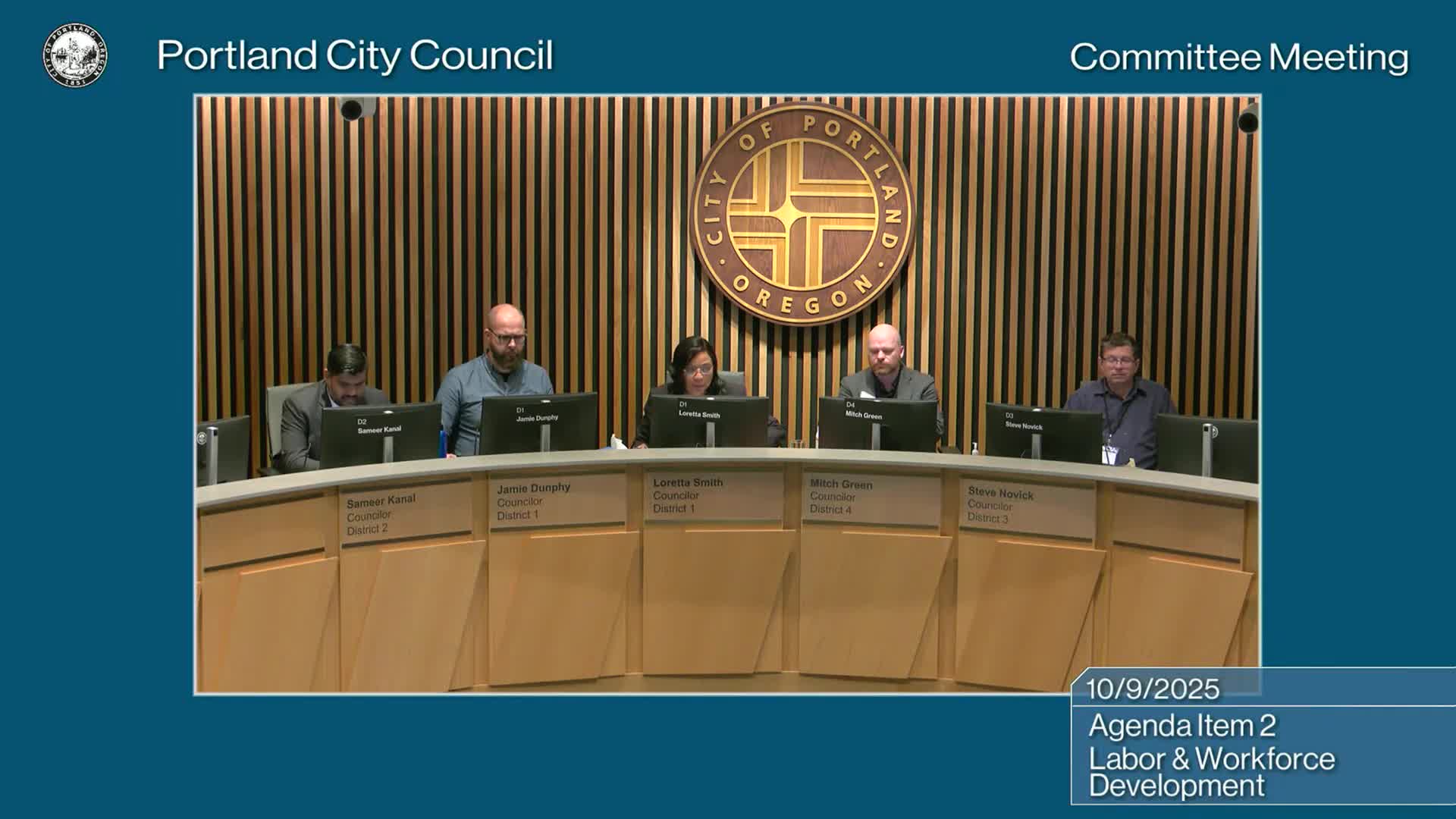Caregivers describe years of unpaid wages and threats; advocates press city for enforcement tools
Get AI-powered insights, summaries, and transcripts
Subscribe
Summary
Filipino caregivers and public‑health researchers told the committee that care aides are frequently underpaid, misclassified and fearful of retaliation, and urged a caregiver‑specific bill of rights plus stronger enforcement and anti‑retaliation protections at the city level.
Caregivers, community organizers and a public‑health researcher told the Labor and Workforce Development Committee that wage theft in caregiving is common, underreported and concentrated among immigrant women who face language and immigration‑status vulnerabilities.
Tita Maria, a long‑time caregiver who testified through an interpreter, said she provided full care for five residents at a care home and did cleaning, cooking, bathing, medication administration and heavy lifting. She and organizers said her pay stubs reported a salaried classification but did not reflect the monthly amount shown in a contract; organizers said she received checks that at times totaled about $1,000 when a contract indicated $2,500 per month.
Advocates documented other local examples they said involved unpaid board, underpayment at memory‑care homes and retaliation when workers complain. Organizers told the committee that one employer "threatened to get her deported if she doesn't stop," a remark offered in testimony as an account of employer retaliation.
Dr. Aileen Deltilau, a public‑health research scientist and epidemiologist who presented research with the panel, said wage theft among caregivers is understudied at the city and state level and that enforcement limitations at BOLI make remedies difficult. "The issue isn't necessarily that Oregon... doesn't have strong policy. We don't have strong enforcement of our policy," she told the committee.
Policy options discussed included a caregiver‑specific "bill of rights," targeted outreach and education in multiple languages, an enforcement coordinator or capacity within the auditor’s or Office of Equity and Human Rights, and anti‑retaliation protections. Committee members asked advocates to help draft ordinance language and suggested field visits, outreach through community chambers of commerce and partnerships with immigrant business organizations.
Committee members did not vote on legislation Thursday. Several councilors said they would pursue staff options for drafting enforceable local rules and to explore whether existing city offices or budget reallocations could add enforcement capacity or community‑based deputization.
